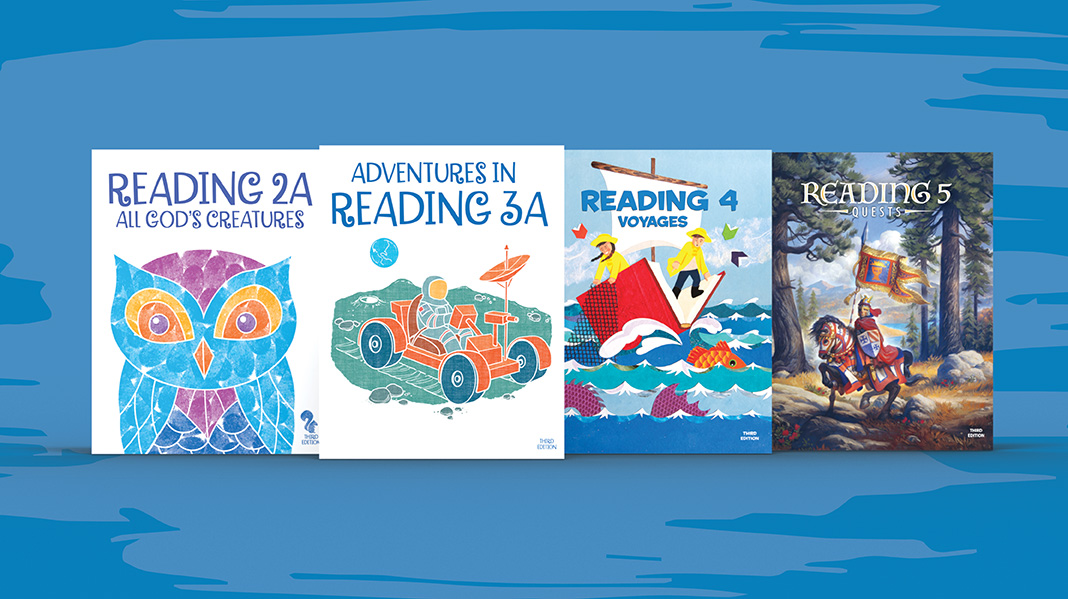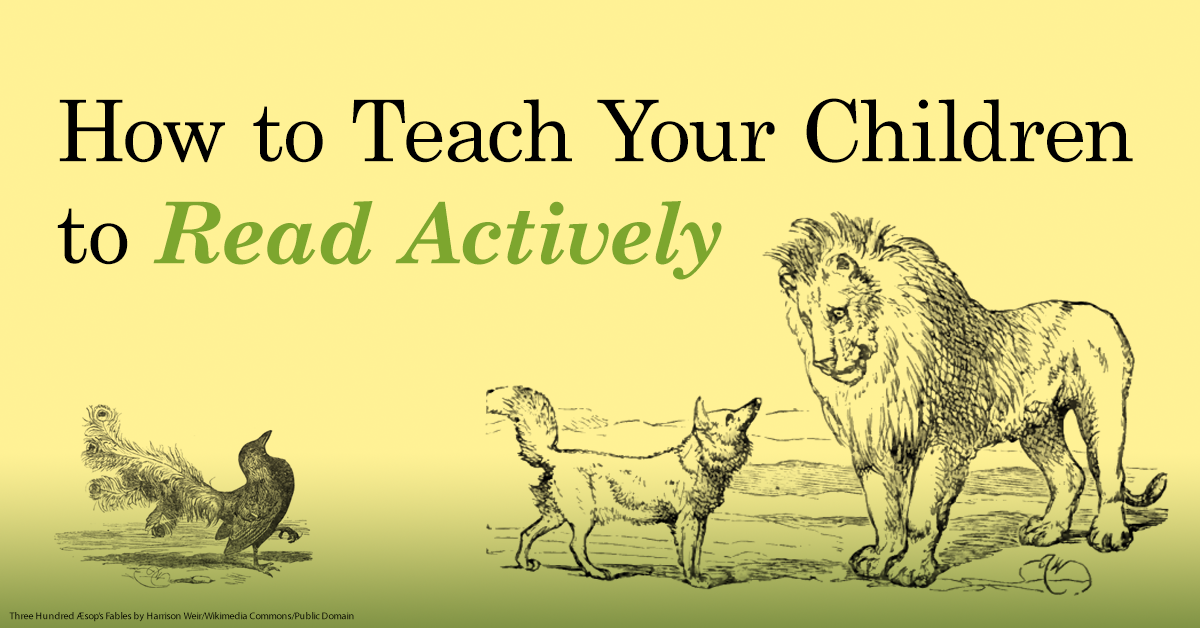
Reading is perhaps one of the most valuable life skills taught in school. But the process of teaching children how to read is very different from the process of teaching them to understand what they’re reading. Just because a child can understand the meaning of individual words, or decode them, doesn’t mean that the child is actually grasping the meaning of what he or she is reading.
At BJU Press, we have crafted our reading program to develop reading comprehension skills, rather than just decoding, from Reading 2 through Reading 5. With the upcoming release of the Reading 4 and Reading 5 video courses, all of our elementary reading materials will use the Reading Process Approach to teaching reading comprehension.
